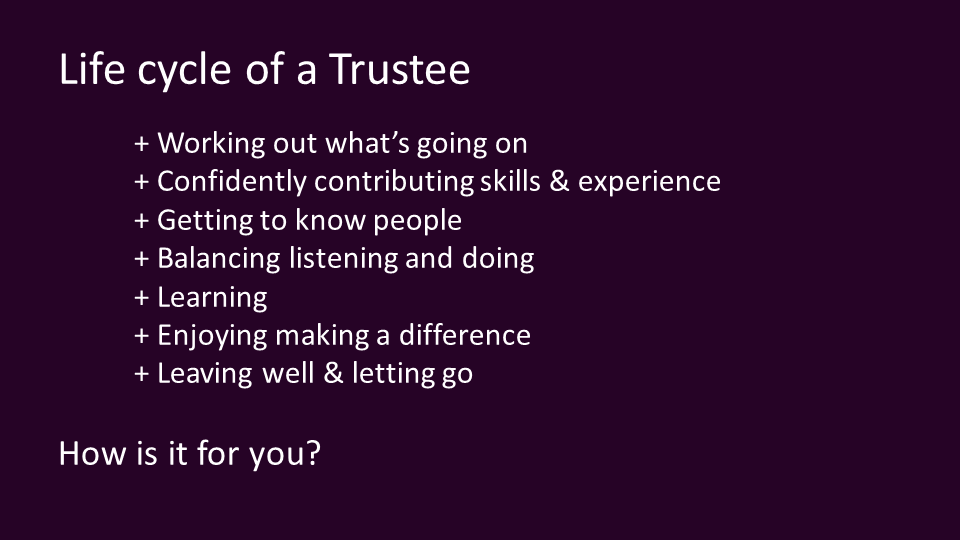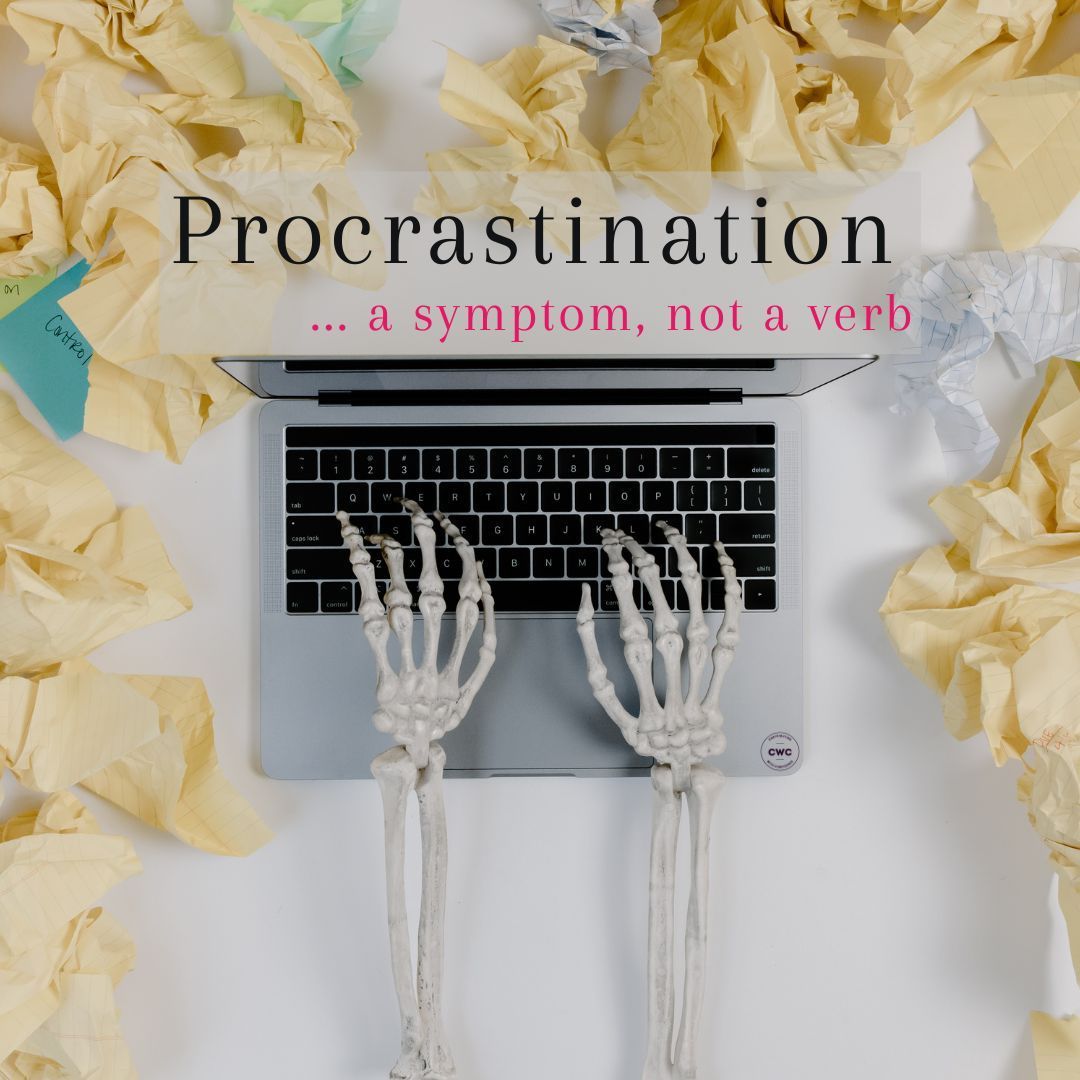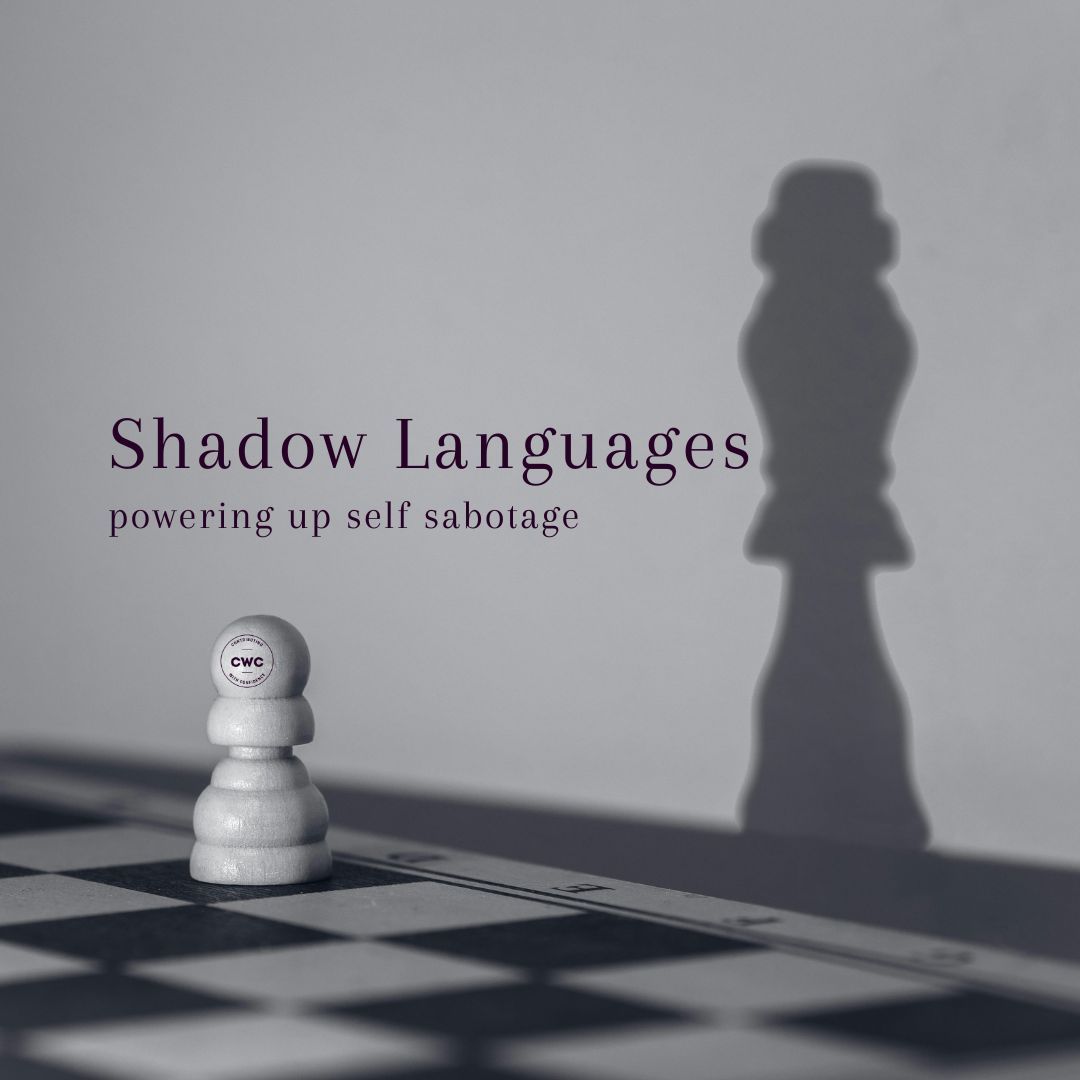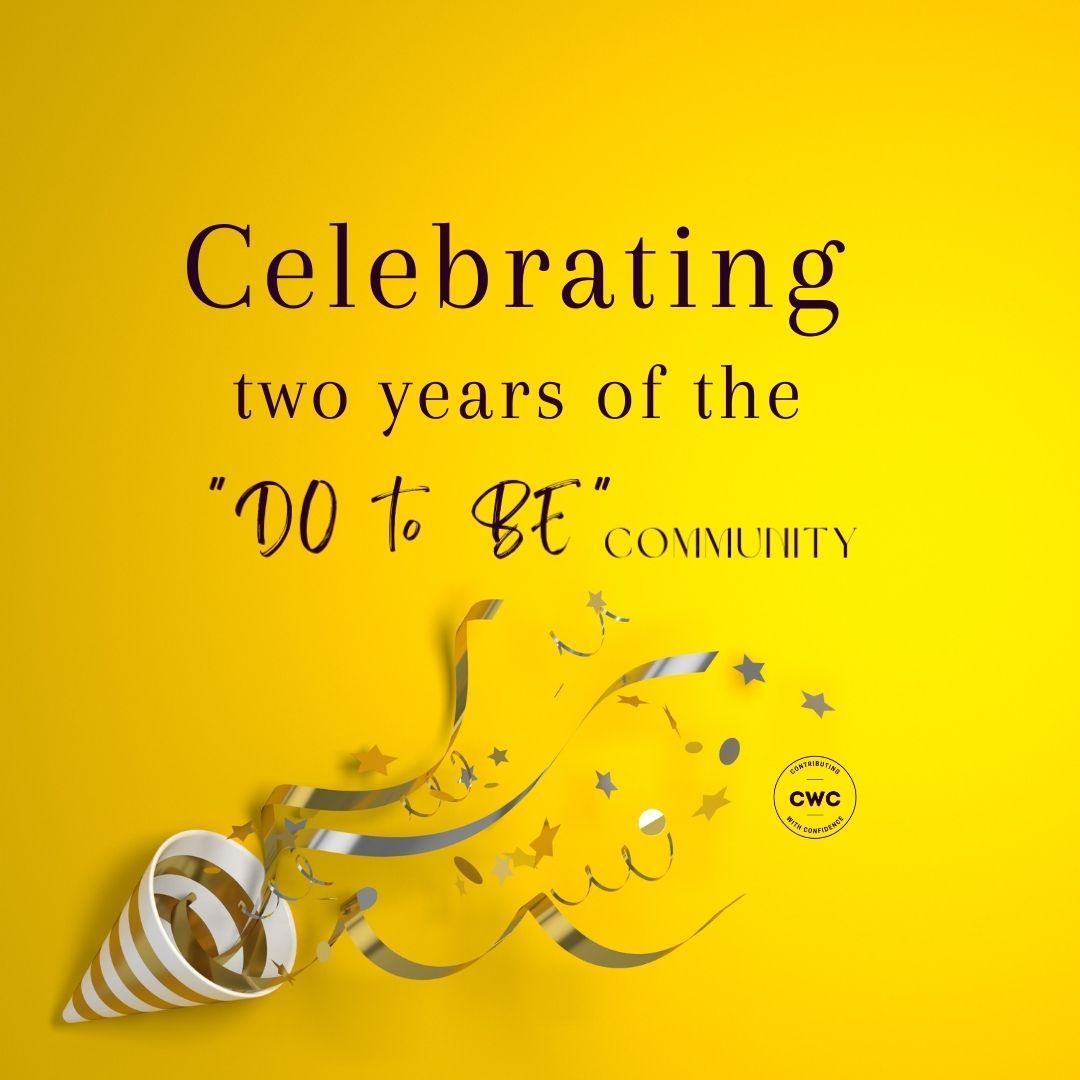One million British Trustees!
Alison Randle • 8 November 2020
Reflections on Trustee Week 2020

According to Trustees’ Week, there are just over one million Trustees in the UK. Now consider their impact on every aspect of British life – whether it is enriching lives through cultural, spiritual, educational and recreational activities or back filling gaps in State provision by running food banks or providing support to the homeless. These one million pack a powerful punch. Are you one of them? Take a bow. You matter!
Trustees week 2020 ran from 2-6 November and it’s been wonderful to read and listen to so many stories and experiences. It’s prompted me to reflect on my time as a Trustee. I’ve been involved with three types of organisation: stepping into the small, established organisation; setting up small community organisations; joining the Board of organisations with significant budgets. For one, I originally stepped up because otherwise the village playgroup would have shut the week after we joined it. I’ve got so much out of volunteering as a Trustee: fun; learning; friends for life; somewhere for my kids to learn through play and make friends for life; a new and fulfilling professional direction of life. There has been the satisfaction of seeing ideas brought into being. I can no longer park my car at Westonbirt Arboretum without getting seriously excited and recalling that time staff and volunteers turned up to a Board meeting grinning and generally getting over excited. The Head of Fundraising summed it up ‘I didn’t know it was possible to be THIS! excited about a car park!’.
We were excited because this was the first physical manifestation of years of careful capital fundraising. It culminated in the Treetop Walkway. The bike racks are a particular joy. I get the same sorts of feelings in Plymouth, seeing places where regeneration budget was deployed and knowing that differences have been made to real people.
Of the small community organisations, I’ve set up two and registered two as charities. One organisation needed complete metamorphosis to survive (sound familiar, anyone?!) although ultimately access to public transport to part time jobs and the house prices in the village did for the demographics that supplied the village playgroup with children, so it has since closed. Letting go. That’s a difficult thing. But then, quite a lot about the culture of being an effective Trustee is a bit difficult. I think that’s also part of the attraction.
In the beginning,
even with comprehensive orientation, induction and buddy support, finding your voice and feeling confident in contribution is daunting. This lag phase can last for up to two years. However, it helps to understand what you bring to the organisation – your skills and experience. Frankly, in most small and medium charities, time is a scarce commodity and there simply isn’t the spare time to bring on people who aren’t relevant, so tap into your relevance and use that to help inform your value and your contribution.
In the middle,
there can be a bit of navigation required around the scope and tasks of your role. If there are paid staff, the line between strategy and delivery can get a bit blurry. I think it is very important to find ways to sit and listen to the staff. They aren’t servants – there is no place for white gloves and flowery hats in a modern charity. The staff concerns are usually spot on, their insight is to be respected and they often have great ideas about solution. The same goes for volunteers who deliver project activities. Plus, getting to know them enriches the volunteering, in my experience.
Leaving.
A very good friend of mine who runs a charity in a Scottish inner city community, often remarks on the need to leave well. Often the date of leaving is constituted, but sometimes it becomes necessary to leave. In these times, use the organisation’s governing document to help inform your communications and actions. Leaving well is often easier if you have been diligent about note keeping as you went along and have a well-organised file to handover to the person following along behind you. Ideally there should be an opportunity to eat cake.
Letting go
is the most important aspect of leaving well. The life of these organisations can stretch beyond the human lifespan. They have their own way and can even self-heal, thanks to their unwritten norms of behaviour, culture and dynamics. As you leave, active involvement shifts to warm support. Doing this without becoming an interfering nuisance (or a bad fairy godmother), is quite an art and total faith in the future and those left behind is required whilst we calm our emotional involvement.
Volunteering as a Trustee is gratifying, challenging, rewarding and can bring a great sense of accomplishment. To the one million British Trustees, let’s add the unquantifiable numbers of volunteer directors and committee members who run all sorts of voluntary sector organisations – in all the ‘Trustee’ rhetoric they, and the benefits they bring into being, can be all too easy to overlook.
Would you like to discuss your role as a Trustee? Perhaps you’ve still got that ‘newbie’ feeling and want to fast forward to the time when you can contribute with confidence. Or maybe you would like to meet more people like you? I have a free weekly meet up (12-1 on Wednesdays) and a growing community of people who run small organisations with big purposes. Whatever it is, contact me
and let’s discuss how I can help you.










